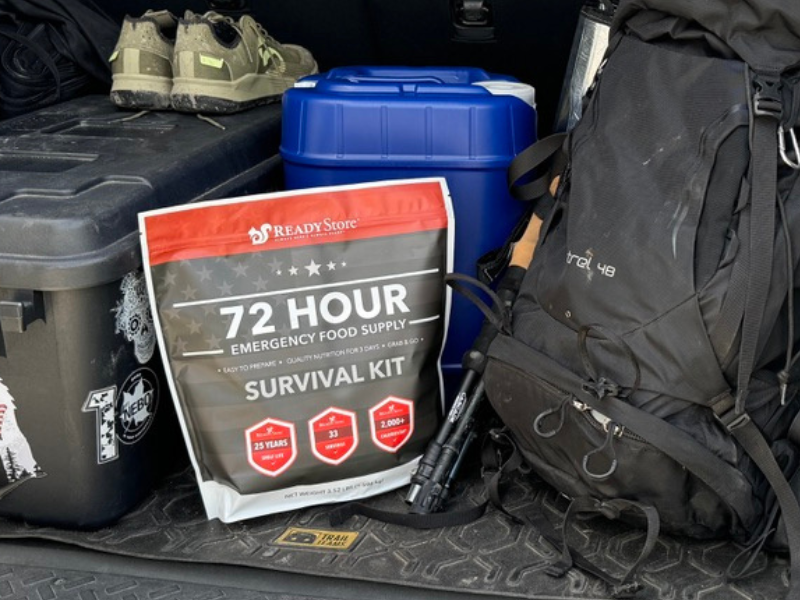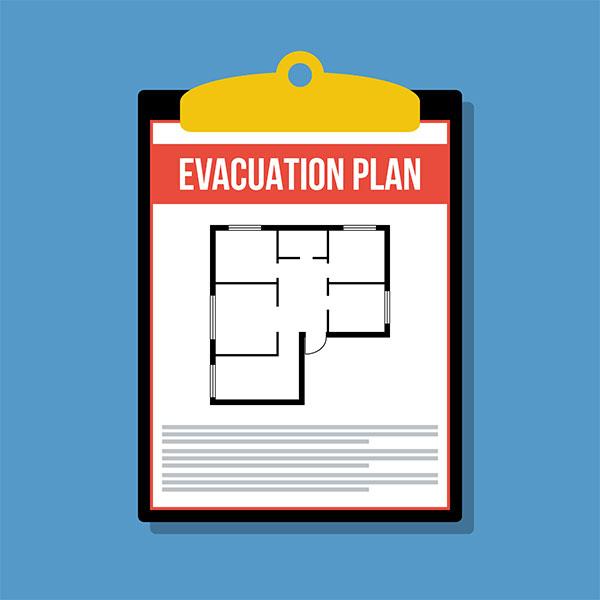A major concern for emergency preparedness is having food, water, and supplies ready—but what happens if you can’t access them in a crisis? Today, we’ll help you find the **ideal locations** to store your 72-hour emergency kit for quick and easy access.
Your Coat Closet
Most homes have a **coat closet** near the entry door, making it a convenient place for your 72-hour kit. To keep things tidy:
- Hang your survival kit on a **hanger** using the top loop of the backpack.
- Store it to the side of other items for quick access during emergencies.
In a grab-and-go situation, time is crucial, so keeping the kit easy to locate can save precious minutes.
Underneath Your Bed
Disasters can strike at any time, including during the night. Storing your 72-hour emergency kit **underneath your bed** ensures it’s within arm’s reach when you need it most. Consider adding:
- A warm jacket.
- A sturdy pair of shoes.
Near or Under Your Work Desk
With most people spending about **one-third of their lives at work**, it’s essential to have a survival kit nearby1. Keep a **3-day supply of food and water** in a backpack or small container near your desk.
Personally, I refresh my kit yearly—sometimes because I can’t resist a high-calorie snack! Either way, stay prepared by keeping your kit well-stocked.
Your Car
For many, a vehicle is a daily necessity. In emergencies requiring evacuation, having a **bug-out bag** or **72-hour kit** already in your car saves valuable time.
Tips for car storage:
- Use an Auto Emergency Kit for convenience.
- Store food and water in **plastic bags** or containers to reduce noise.
- Rotate food and water supplies regularly due to **high temperatures** in summer.
Remember, everyone’s situation is different. If you don’t have a car or extra closet space, assess your circumstances and plan accordingly.
Where Do You Store Your 72-Hour Kit?
Having an accessible emergency kit can make all the difference in a crisis. Whether it’s your coat closet, car, or work desk, the key is **planning ahead** and choosing locations that work best for you.
Where do you store yours? Share your tips in the comments below!
Source: Percentage of Life Spent Working















